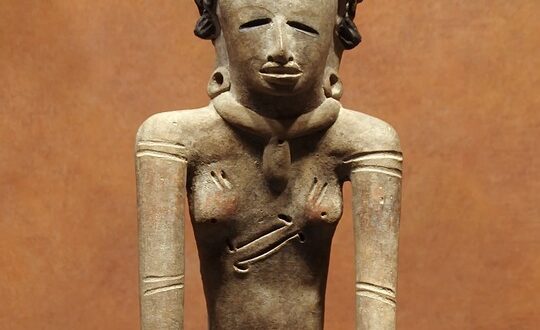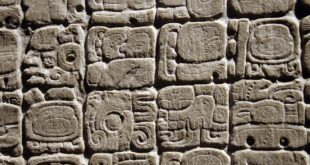The Top 20 Most Important Anthropological Methods
When it comes to studying anthropology, there are various methods that researchers and experts use to make their research accurate and concise. These methods are significant in acquiring usable information for future generations and shaping the shape of the world. Let’s explore the top 20 most critical anthropology methods.
1. Fieldwork
Fieldwork is one of the essential anthropology methods, and it involves the analyst visiting and generally living within the sociology/culture they analyze. This way, useful information is gathered by building a sort of rapport with the people they are researching.
2. Ethnography
Ethnography is a qualitative study technique that provides in-depth scrutiny of various cultures and societies regarding their people, habits, customs, rituals, disputes, religion, and architecture.
3. Quantitative research
It is a data-driven approach that is performed using statistical analyses and numerical methods. Quantitative studies generally conform to a stipulated approach. This method mostly comprises methods like surveys.
4. Geographical information systems (GIS)
GIS is an essential technique used in anthropology that captures, saves, analyses, formats, and displays geo-spatial data. While studying culture and older settled civilizations, GIS provides much-needed information by demonstrating cause and effect related to geo-spatial information.
5. Meta-analysis
Meta-analysis is a powerful technique in anthropology that involves examining corresponding forecasts from different and unconnected sources. Such an inquiry, if correctly analysed, would provide a summary of similar and perceived methodologies.
6. Holism
Holism is a strategy of in anthropology analyzing an issue comprehensively. Its purpose is to provide data that can result in a narrative that makes more sense collectively than what might discern with studying separate parts independently.
7. Participant Observation
Anthropologists performing participant observation take notes on what they feel or comprehend and experiment as people in the locale they research rather than depicting events.
8. Digital Anthropology
Digital anthropology deals with the interaction between technology and consumers for data collection, such as through social media and memes.
9. Forensic Anthropology
Forensic anthropology and physical anthropology study human lives and remnants. That allows them to estimate a deceased person’s age, gender, and race.
10. Literary Anthropology
With literary anthropology or Anthropology of Literature or cultural studies in literary anthropology, students are supposed to study books, find shared cultural values and behaviors, and universally recognized themes.
11. Cognitive Anthropology
Cognitive anthropology aims to understand how people think regarding the decisions they make or their belief systems, perceptions of unconventional thinking, metaphors, and analogies.
12. Historical Anthropology
Historical anthropology deals with granular evolutionary mechanics dealing with anthrophysiological peculiarities as the significant text analyzing tool’s concrete investigation as to discourse patterns. It generally deals with the people, languages and changes that occurred in the past.
13. Medical Anthropology
Medical Anthropology queries ways that Medicine has interacted with society beyond clinical requirements. The research often includes the integration of digital health providers and accessibility to national health care services.
14. Comparative Anthropology
AP aims to compare the differences between societies regardless of cultural variations across the board and scrutinize intellectual differences and similarities between the cultural areas that pass through their homogeneity.
15. Economic anthropology
Economic anthropology examines elements within an economy’s value cycle and how people organize resources and labour within a society utilizing markets.
16. Epistemology Anthropology
Anthropologists analyze how facts are emotionally attached to hypotheses that give readers optimism regarding occurrences’ explanations that would not accept different contexts beyond short schemas produced by personal knowledge.
17. Environmental Anthropology
Environmental Anthropology thoroughly studies the socio-cultural interactions, perceptions and values of people regarding economic aspects present within various environments.
18. Cyber Anthropology
Cyber Anthropology is a rapidly expanding field concerned with how technology intersects with the human mind and can alter transactional relations, content management, transactions, digital marketing, and flow control.
19. Linguistic Anthropology
Linguistic anthropology concerns the biological deviations, speech, glories, semantics, and pragmatics of language as they relate to our communalities and culture.
20. Feminist Anthropology
With Feminist Anthropology, scholars interrogate male scientific assumptions placed regarding nonconforming characteristics observed in the feminist analysis.
 Mind Uncharted Explore. Discover. Learn.
Mind Uncharted Explore. Discover. Learn.




